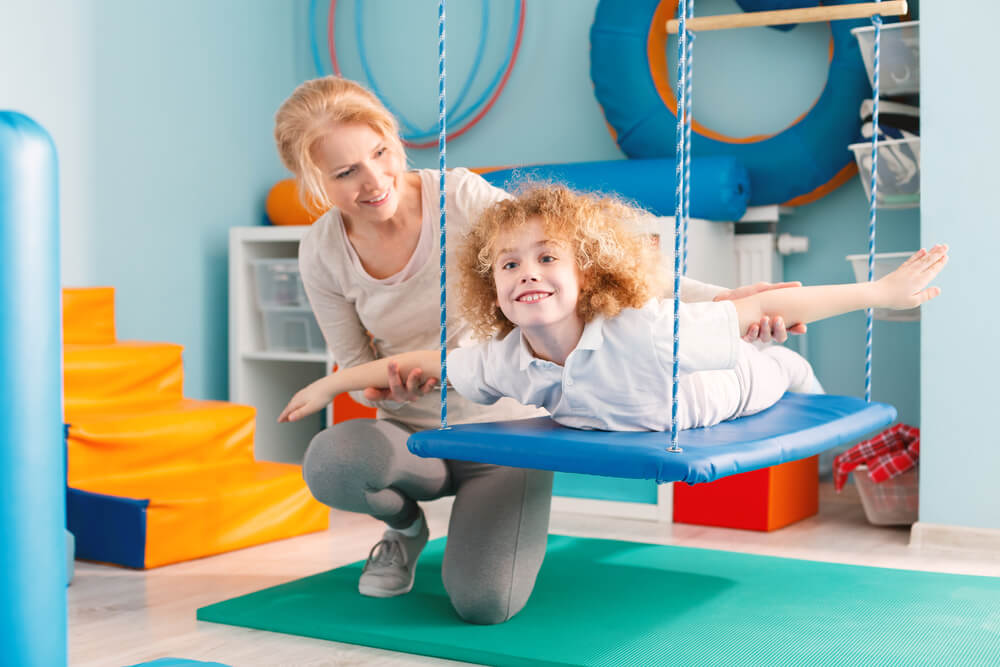Occupational Therapy for Children with Birth Disorders
A child’s early life is filled with new experiences that drive their cognitive, physical and social growth. The first three years of your child’s life play a huge a role in their brain development. Occupational therapy can help them to develop in positive ways, especially if they were born with a birth disorder.

Which Children Benefit From Occupational Therapy
A child with a birth injury is a good candidate for this type of therapy because it can help them to operate better in the real world. Some of the other children who could benefit from occupational therapy include children with:
- Spina bifida
- Sensory processing disorders
- Learning problems
- Behavioral problems
- Cancer
- Severe hand injury
- Cerebral palsy
How An Occupational Therapist Can Help Your Child
An occupational therapist might set different goals depending on the disabilities of your child. For a child who struggles with his sensory and motor skills, a therapist might work with them on grasping objects more easily, or improving their handwriting when they reach the right age. These are essential skills your child will need to feed themselves, use a computer or communicate through writing. Your occupational therapist might address other issues with a child who has a birth disorder. For example, if a hand-eye coordination issue exists, a therapist may try to improve the child’s skills by practicing hitting a baseball bat or hitting a target.
How Does This Differ from Physical Therapy?
Both occupational therapy and physical therapy will improve the quality of children’s lives. Physical therapy puts a greater emphasis on pain, strength and joint range of motion. Meanwhile, OT addresses cognitive skills, fine motor skills and visual perceptual skills. Both seek to achieve a higher quality of life, and your doctor will be able to make a recommendation on which will most benefit your child.
These services are customized specifically to work for your child. You can alter and adapt them as the need arises. Practicing the exercises at home is important to your child’s development. You will be your child’s first and best teacher.
